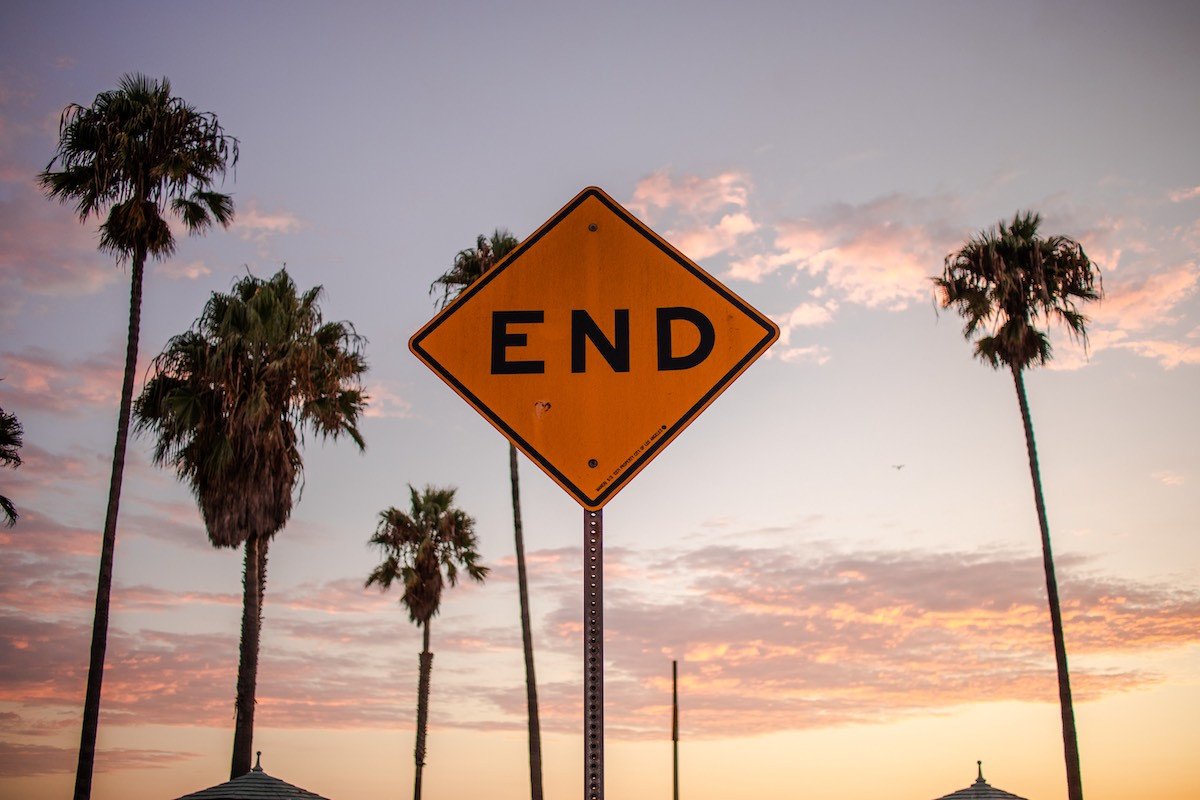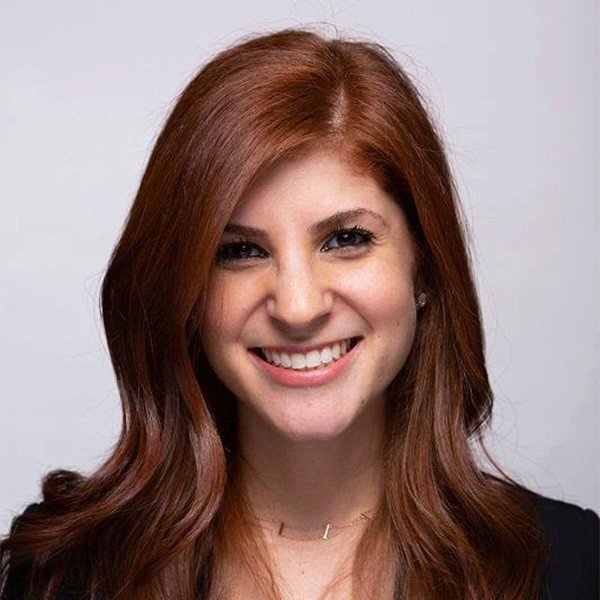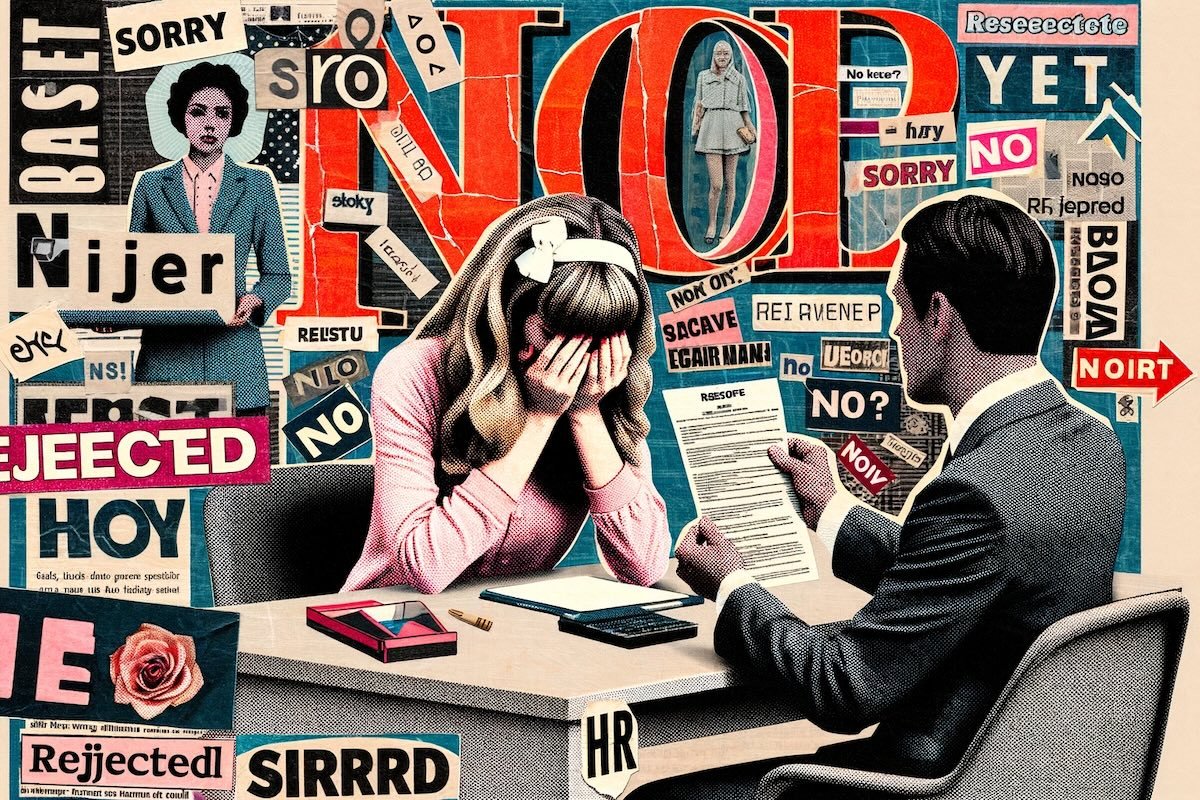That Jack Prelutsky poem from grade school sums up how I felt about homework—and how I feel about writing cover letters.
“Homework! Oh, Homework!
I hate you! You stink!
I wish I could wash you away in the sink…”
If this poem is akin to your feelings towards writing cover letters, you’re not alone.
You may be tempted to skip writing that cover letter, but as much as many of us would like cover letters to go away, cover letters are an important element of a successful job search.
Are Cover Letters Still Necessary?
A study done by
ResumeLab polled 200 hiring decision-makers and found that
83% of them agreed that a well-written cover letter can demonstrate an applicant’s ability to successfully take on and thrive within the role they’re applying for.With that said, respondents noted that a generic cover letter that clearly has not been catered to the position can give recruiters a quick reason to dismiss you as a candidate.
Writing a cover letter is an essential part of a successful job application, but to be clear, writing an effective cover letter is what will make a positive impact to push you through to the next step of the application process.
In order to make the process less painful, consider creating yourself a cover letter template to work from.
Create a template as a foundation document with spots to add the following:
- Address of the cover letter
- What company you’re applying to (+ what you admire about the company)
- Why you’re interested in applying to this specific role (+ your requisite skills and experience)
By templatizing your cover letter, you can quickly fill in and customize the cover letter for each position.
How to Write the Perfect Final Paragraph for Your Cover Letter
Writing a final paragraph to a cover letter is similar to a closing paragraph of an essay you might have written in school. Remember those dramatic middle school years with assignments to write an outline than a three-paragraph essay?
Turns out that your middle school English teacher was teaching you something useful for the real world.
Your closing paragraph should summarize your point in a short, succinct, and impactful way. You’ve spent the majority of your cover letter
discussing your skills, achievements, and why you’re drawn to the company, so use this final paragraph to drive your point home and highlight how it would be valuable for the recruiter or hiring manager to interview you.
Illustrate why you’d be a beneficial hire in order to spark the reader’s interest and engage them.
Another aspect of writing the perfect final paragraph for your cover letter is your closing salutation. Depending on how formal or lighthearted you want to keep the tone of your cover letter, you might consider some of the following sign off examples to use as your closing salutations:
- "Best"
- "Thanks"
- "Kind Regards"
- "Sincerely"
Cover Letter Closing Quotes
I always compare a resume to a movie trailer because it showcases all of the best parts of a movie so that the viewer wants to see the entire film. Your resume shows the best part of your career to entice the reader to interview you.
If your resume is like a movie trailer, consider your cover letter to be like a prequel movie. End your cover letter with a bang in a similar way to some of the most iconic movies out there.
Think about Casablanca where Humphrey Bogart famously ends the movie by saying, “I think this is the beginning of a beautiful friendship.” It is so iconic that people remember the line 80 years after the film was first released.
Ending your cover letter with a closing quote is a great way to make your document memorable. This is especially useful if you’re applying for a role in the realm of entertainment or writing to a company where your familiarity with their brand messaging and tone could be a huge asset.
If you’re applying for a role with a branded slogan, you might also consider integrating that slogan, or the company's mission statement language into your cover letter as well.
When using a quote to close out your cover letter, integrate quotes that align with your goals, your personal beliefs, and why the role is appealing to you.
- “What you do makes a difference, and you have to decide what kind of difference you want to make.” – Jane Goodall
- “Without leaps of imagination or dreaming, we lose the excitement of possibilities. Dreaming, after all, is a form of planning.” – Gloria Steinem
These quotes from two iconic women could tie into several career fields, but what matters most is how you tie the quote into your cover letter theme, messaging, and how it allows a bit of your personality and fit for the role to jump off of the page in a unique way.
6 Cover Letter Closing Paragraph Examples
Note what the job description is looking for in a candidate, and be specific.
Use their verbiage to show that you’ve read the job description.
“I understand that you’re looking for a marketing lead with experience running global campaigns across print, digital, and retail channels…”
Make the connection between the job description and your background. This is your chance to reiterate why you’ll be a great fit!
“Given my proven track record of generating six-digit revenue through paid search, content marketing, and branded signage, I’m certain that I could generate the consumer interest you’re striving for.”
Show how you could be a solution to their problem.
“I noticed that [Company] has recently delved into the world of TikTok, and I’m excited about the opportunity to help [Company] engage this new audience using my experience developing branded content specific to the platform.”
If the company, role, product, or mission statement made a big impact on you, share that.
“[Company]’s mindfulness app changed my life for the better, and I can’t wait to help others make positive changes to their routine as well!” Similarly, Acknowledge any pain points they have: “I’d love to discuss opportunities to address challenges unique to [Company] at your convenience.”
Address a future discussion about the role.
“I look forward to further discussing my qualifications with you soon!”
Other Ways to Zhuzh Up Your Cover Letter
Ditch What the Hiring Manager Already Knows
While it is important to note what job you’re applying for somewhere on the cover letter, there is no need to start off your cover letter with the same boring line: “I am writing to formally apply for the [Job Title] role with [Company].”
Most of us were taught that this is the correct way to write a cover letter, (I was even taught that when I first got certified as a professional resume writer), but times have changed.
With the rising number of applicants per job, it’s more important than ever to
write an engaging cover letter that shows the reader why you want this specific role at this specific company.
Companies want to hire candidates who are invested in the role or company because this leads to lower turnover and ultimately costs less in the long run.
By showing the reader that you are invested in the role or company, you’re showing some of the value you would add as a new hire. Long-term growth equates to lower company costs.
A Strong Opening Paragraph
No one wants to read a cover letter that simply says, “I did this…I did that…”
If a recruiter or hiring manager gets bored reading the first sentence of your cover letter, chances are that they won’t read much further and may ditch the document altogether. Unless you have exceptional skills or were referred to the role by an internal team member, this likely won’t bode well for your application.
Consider writing something like this:
“Collaborating with leaders across a variety of settings from startups to Fortune 500 companies has given me a multifaceted perspective on how to effectively support different executives to meet corporate goals. I’ve always admired [CEO], and am thrilled about the opportunity to make her days run more smoothly in the executive assistant role you’re looking to fill.”
Write What You Know About the Organization
As someone who used to be in the recruiting industry, I can tell you from firsthand experience that it’s EXTREMELY frustrating when a candidate clearly doesn’t care about the job they are applying for and simply wants any job available.
Show the recruiter or hiring manager that you’re not here to waste their time. Show them that
you did your research. Show them why you're the perfect fit for this role. If the company has been in the news for a recent merger or acquisition, touch on that and why you’re excited about the new partnership.
If you see that they recently expanded into a new market that excites you, this is a great opportunity to discuss that. Any time you can connect yourself to the company or role, do it.
Use Action-Based Words
Look at these two sentences:
“In my current role, I’m responsible for coordinating events that help increase sales.”
vs.
“I currently coordinate and execute branded events for upwards of 500+ attendees to excite them about our products and drive sales.”
The second sentence sounds stronger and more engaging, right? This is the power of action-based words at work!
Use Storytelling to Illustrate Who You Really Are (+ Why You're the Best Candidate)
If you have a story or anecdote to share, it will create a stronger connection between you and the reader. Any time you can build that connection, it humanizes you and can help the reader think of you as an actual person instead of just a PDF on their laptop.
It sounds harsh, but when you’re reviewing hundreds of applications, it’s easy to forget that each application is a real person striving to propel themselves forward in their career.
If you can add in a story that illustrates your value, how you might fit into the company culture, or why you’re interested in this specific role, it will help make your cover letter much more effective.
Always Say Thank You
At the end of the day, time is money.
Always thank the reader for taking the time to read your cover letter and for evaluating you as a candidate. Showing that you respect their time will always make a positive impact.
Wrap It Up!
As mentioned above, it’s always a good idea to give a positive last impression by acknowledging a future discussion about the role.
Consider saying something along the lines of, “I look forward to further discussing my qualifications with you soon!” or “If there is any additional information I can provide for you, please do not hesitate to reach out. Thanks again, and I look forward to learning about next steps!”
Love giving or getting beautifully wrapped gifts? Wrap up your cover letter with the same care and consideration for the reader. Before submitting, review your document for typos, and ensure that your cover letter conveys the right message.











